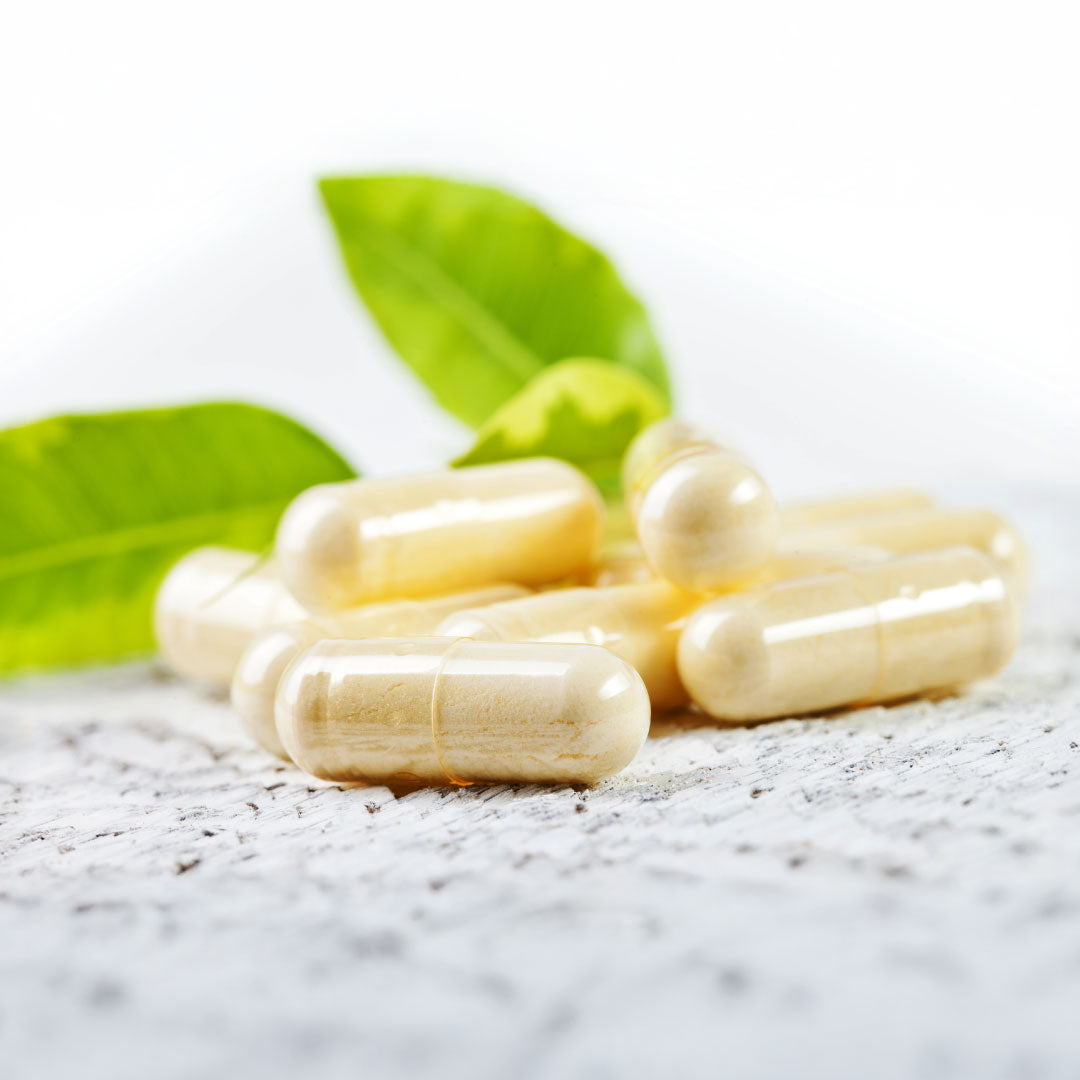When you hear the phrase “dietary supplement regulation”, I wouldn’t blame you if your eyes glaze over. But bear with me — this topic might be more relevant to you than you think, especially if you care about what goes into your body and the labels you trust.
In my previous post, I discussed health claims — what they are and who decides them. If you missed it, you can find it here. Today, I want to take that conversation a step further and explore some of the inconsistencies in how these claims are regulated.
What Are Health Claims?
Health claims are legally approved statements that brands like ours are allowed to make about supplements — whether on our websites, packaging, or other marketing materials. For example, in our Biotin formula, we're permitted to say that it supports the maintenance of normal hair. In our Apple Cider Vinegar formula, we can refer to scientific claims that certain B vitamins contribute to normal energy-yielding metabolism.
These claims are designed to protect consumers from exaggerated or unscientific marketing. Sounds fair, right? But what happens when the system itself doesn’t quite add up?
Examples of Inconsistencies
Let me share three examples that highlight the confusing nature of current health claim regulations: glucosamine, turmeric, and collagen.
1. Glucosamine
Our glucosamine supplement contains 1,000 mg of base glucosamine. According to the UK government, if a supplement contains more than 1,178 mg, it is considered a medicine — meaning it can treat, cure or prevent disease.
Yet, the EU Register of Nutrition and Health Claims says there are no authorised health claims for glucosamine in supplements.
So here’s the contradiction: 1,178 mg of glucosamine is powerful enough to be classed as a medicine, but just 78 mg less — at 1,100 mg — supposedly has no physiological benefit at all. Does that really make sense?
2. Turmeric
Turmeric has been used for centuries for its anti-inflammatory and antioxidant effects. It’s been the subject of numerous studies. Yet, according to EU regulations, zero authorised health claims exist — not even for curcumin, turmeric’s well-known active compound.
This shows a clear disconnect between traditional knowledge and regulatory approval.
3. Collagen
Collagen is only mentioned on the EU Register in relation to vitamin C, which “contributes to normal collagen formation.” This suggests collagen is important, yet no claims are authorised for collagen itself when consumed as a supplement.
Here’s another twist: collagen is a pure protein, and proteins do have authorised health claims. But we’re still not allowed to say that collagen has any positive effect on the body.
And don’t even get me started on botanicals like apple cider vinegar, ginger, maca, or chondroitin. Despite being used and trusted across generations, most herbs and botanicals have no authorised claims either — regardless of emerging science.
Why This Matters
The gap between traditional knowledge and scientific validation is real. Our ancestors may not have had clinical trials, but they had centuries of lived experience. Today, we have the tools to scientifically validate that wisdom — and I believe it’s our responsibility to do so.
Final Thoughts
Regulations exist for good reasons — to protect consumers like you and me. But that doesn’t mean the system is perfect. Maybe it’s time to evolve the regulatory framework to reflect a more balanced approach: one that respects traditional knowledge while remaining grounded in science.
I’d love to hear your thoughts. Do you think health claims should include traditional and emerging evidence? Leave a comment and let’s start a conversation.
And if you found this post insightful, please consider subscribing to our newsletter or following us on social media — your support helps us share more of what matters.
-- Written by Hala, founder of Dietapplements















